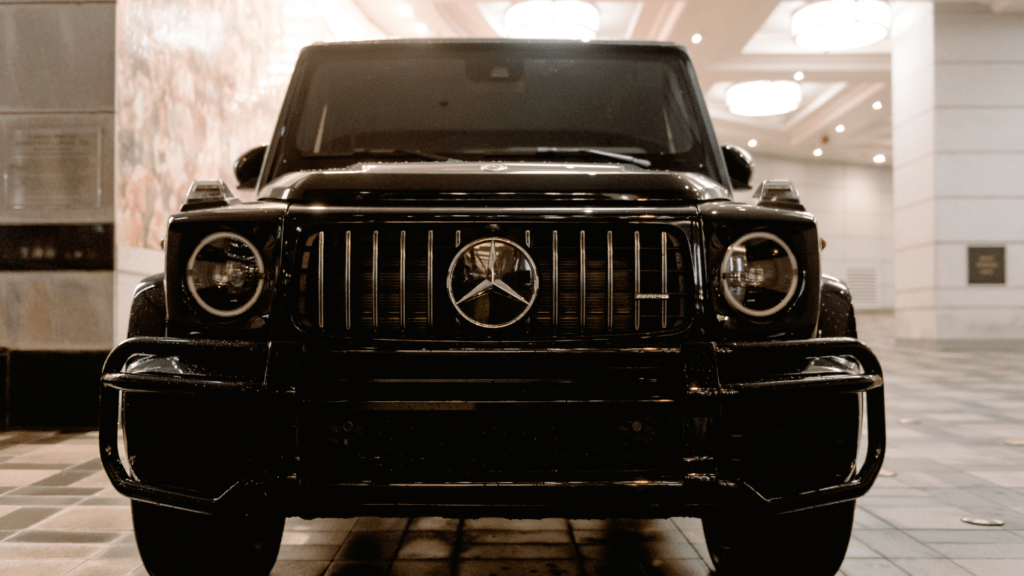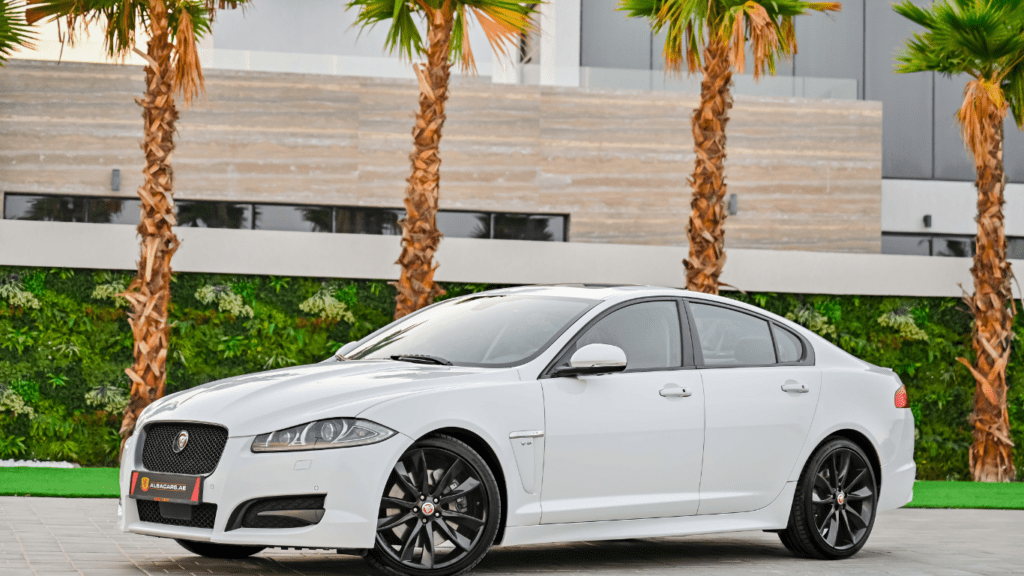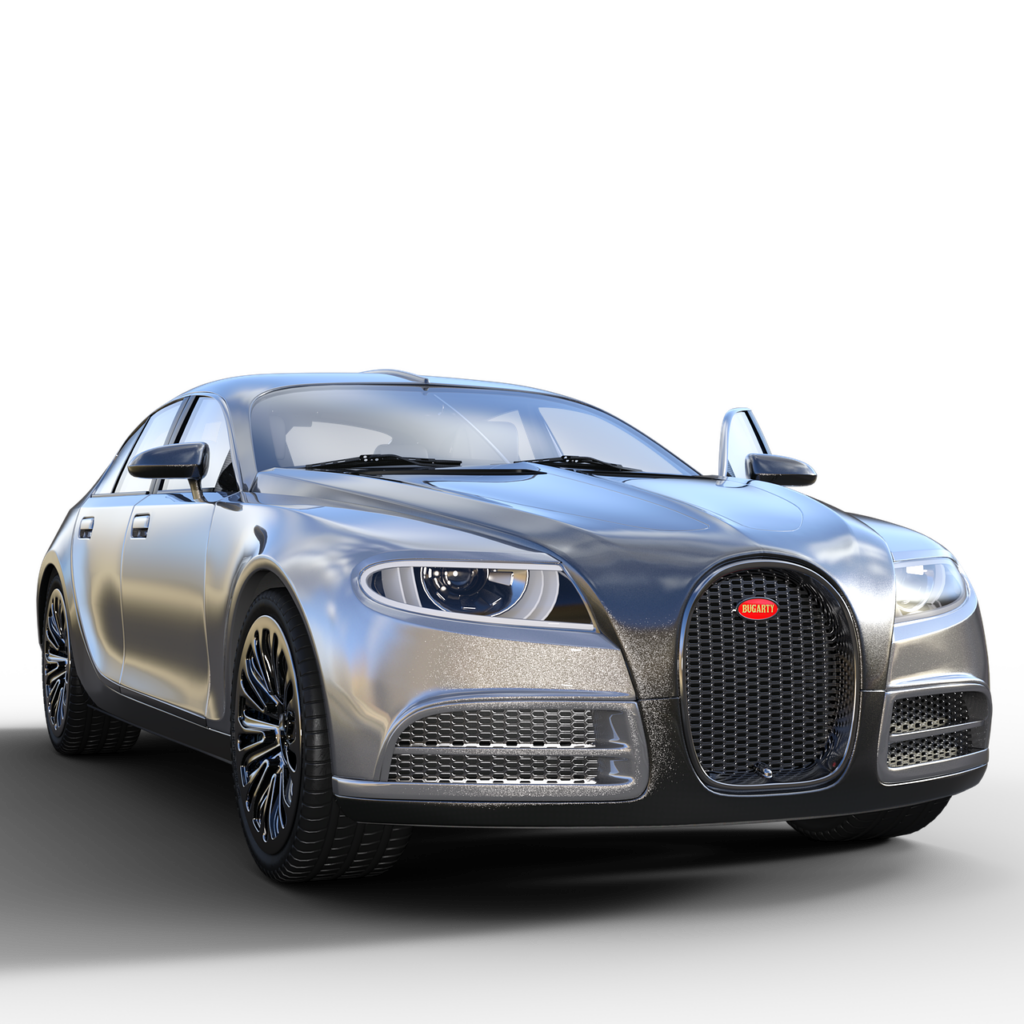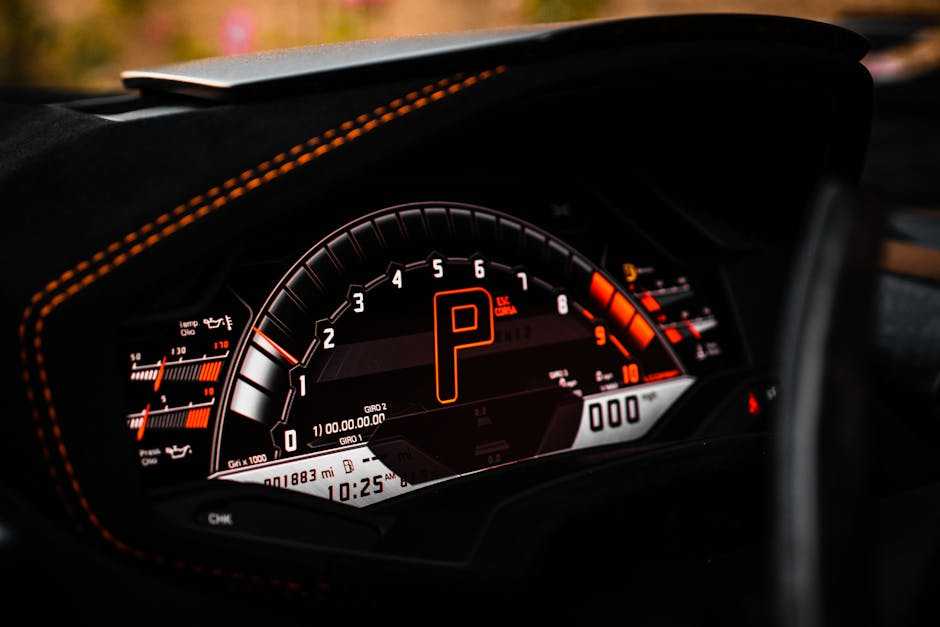The Evolution of Hybrid Cars
Hybrid cars have come a long way since their inception, blending luxury with sustainability. Automakers continuously push boundaries to meet consumer demands for eco-friendly yet luxurious options.
Early Innovations
The concept of hybrid cars dates back to the early 1900s. The 1901 Lohner-Porsche Mixte, designed by Ferdinand Porsche, featured a combination of a gasoline engine and electric motors. While this early hybrid model didn’t reach mass production, it set the stage for future developments. In the late 1990s, Toyota launched the Prius, the first mass-produced hybrid car. This innovation marked a significant milestone, captivating both environmentally conscious consumers and the general market.
Milestones in Hybrid Technology
The early 2000s saw significant advancements in hybrid technology. In 2004, Toyota introduced the second-generation Prius, featuring an improved battery and more efficient engine. This model set new standards for fuel efficiency and emissions reduction. By 2011, luxury brands like Lexus entered the hybrid market, offering models like the Lexus CT 200h, which combined high-end features with sustainability. More recently, plug-in hybrids (PHEVs) have emerged, offering greater electric range and reduced fuel consumption. The introduction of models like the BMW i8 in 2014 showcased how luxury and hybrid technology can coexist, pushing the industry towards a more sustainable future.
Luxury Meets Sustainability
Luxury and sustainability can coexist in the automotive world. Modern hybrid cars fuse cutting-edge eco-friendly technologies with lavish features, offering an unparalleled driving experience.
Defining Luxury in Hybrid Cars
Luxury in hybrid cars goes beyond high-end materials and advanced tech features. It comprises eco-conscious craftsmanship, intelligent design, and superior performance. Interior details like:
- premium leather seats
- customizable ambient lighting
- advanced infotainment systems
create a plush cabin environment. Examples include the Tesla Model S, which offers a minimalist yet opulent interior, and the BMW 7 Series Plug-in Hybrid, known for its sophisticated design and innovative features.
Key Brands Leading the Way
Several key brands are pioneering the luxury hybrid car market. BMW, with its iPerformance lineup, blends sporty aesthetics with sustainable driving. Lexus remains a frontrunner, integrating hybrid technology with its trademark luxury. Mercedes-Benz, embracing the future, has introduced models like the S 560e, merging performance and eco-friendliness. These brands set the standard for luxury meets sustainability, constantly pushing the boundaries of hybrid vehicle innovation.
Technological Advancements

Luxury hybrids have seen significant innovations in recent years, making strides in various aspects like battery efficiency and performance enhancements.
Battery Efficiency
Battery technology in luxury hybrids has evolved dramatically. New advancements like solid-state batteries offer higher energy densities, improving vehicle range and reducing charging times. For instance, the Mercedes-Benz EQS features a 107.8 kWh battery providing a range of up to 478 miles (EPA-rated). Battery management systems are now more sophisticated, optimizing energy use and prolonging battery life. Regenerative braking systems, seen in models like the Lexus LS 500h, capture energy during braking and store it in the battery for later use, boosting overall efficiency.
Performance Enhancements
Performance in luxury hybrids has also reached new heights. Enhanced powertrains combine electric motors and internal combustion engines for seamless power delivery and high performance. The BMW i8 exemplifies this with its 369 horsepower and a 0-60 mph time of 4.2 seconds. Sophisticated torque vectoring systems improve handling, as seen in the Acura NSX, which uses electric motors on the front wheels for precise control. Advanced aerodynamics and lightweight materials, such as carbon fiber and aluminum, contribute to superior acceleration and agility without compromising fuel efficiency.
Environmental Impact
Luxury hybrids indeed revolutionize how we perceive sustainability and opulence. These vehicles significantly reduce environmental damage.
Carbon Footprint Reduction
Luxury hybrid cars drastically cut carbon emissions. Traditional internal combustion engines release up to 4.6 metric tons of CO2 annually, according to the U.S. Environmental Protection Agency (EPA). Hybrids, with their combination of electric and gasoline power, reduce this considerably. For example, the BMW 7 Series Plug-in Hybrid emits only 49 grams of CO2 per kilometer. This reduction is partly due to efficient battery systems that optimize energy use and regenerative braking, which recaptures energy usually lost during braking. Intelligent engine management further limits fuel consumption, pushing the automotive industry toward a greener future.
Long-term Benefits
- Combining luxury with sustainability in hybrid cars yields extensive long-term benefits.
- First, hybrids often enjoy government incentives like tax credits and rebates, reducing overall ownership costs. Over time, lower fuel consumption translates to significant savings.
- Second, these vehicles depreciate more slowly than their gas-only counterparts, retaining resale value better and for longer.
- Third, manufacturers committed to sustainable practices adopt eco-friendly materials and processes, reducing environmental harm during production.
- Finally, luxury hybrids, with innovations in battery technology, offer longer lifespans and reduced maintenance costs. This longevity benefits both the environment and consumers’ wallets.
Consumer Perspectives
Luxury hybrid car consumers increasingly value both opulence and eco-friendliness in their vehicles. These buyers recognize the importance of reducing their carbon footprint without compromising on performance or comfort.
Market Trends
Luxury hybrid car sales have seen a significant rise in recent years. According to a report by Statista, the global market for hybrid cars reached approximately 7 million units in 2021. This trend reflects a growing consumer awareness of environmental issues and a desire to invest in sustainable technology. Consumers now prioritize features such as battery range, charging time, and overall fuel efficiency. For example, models with state-of-the-art battery systems and sleek designs attract buyers seeking both style and sustainability.
Customer Testimonials
Owners of luxury hybrids often praise the seamless blend of performance and eco-consciousness. One Tesla Model S user mentioned enjoying the “incredible acceleration and quiet ride,” highlighting how the car’s electric powertrain delivers a luxurious experience. Similarly, a BMW 7 Series Plug-in Hybrid owner noted how the vehicle “provides the comfort and technology expected from a luxury car while significantly reducing fuel costs.” These testimonials show how luxury hybrid vehicles meet high expectations for both opulence and sustainability, making them a compelling choice for modern consumers.
The Future of Hybrid Cars
Luxury hybrid cars are reshaping the automotive industry, paving the way for a more sustainable yet opulent future. Analyzing current advancements and projecting upcoming trends showcases the potential for these vehicles to redefine driving experiences.
Emerging Technologies
Novel technologies significantly impact the evolution of hybrid cars. The development of solid-state batteries is one major leap, enhancing range and reducing charging times. Vehicles like the Mercedes-Benz EQS exemplify this with a 478-mile range. Another key innovation is regenerative braking systems, which recover energy during braking. In addition, advanced powertrains, seen in the BMW i8, push the boundaries of performance. Integrating lightweight materials and advanced aerodynamics contributes to better fuel efficiency without sacrificing acceleration or agility.
Predictions and Trends
Luxury hybrid cars are set to dominate the market, driven by rising consumer demand for sustainability. Expected growth includes more luxury brands introducing hybrid models and an increase in government incentives for eco-friendly vehicles. Enhanced battery technology and autonomous driving features will further attract consumers. Predicting future trends, the industry may see more premium hybrids with extended electric-only ranges and faster charging times. Increases in intelligent connectivity systems are likely, providing seamless integration with smart devices and infrastructure.



 Head of Automotive Insights
Head of Automotive Insights
